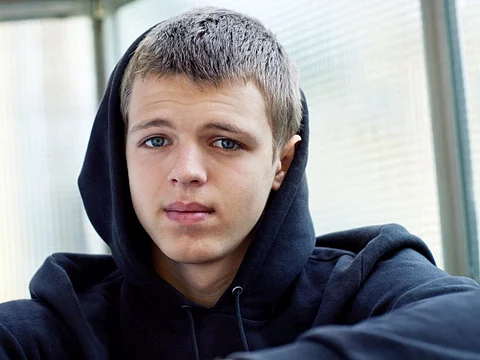THURSDAY, June 9, 2016 (HealthDay News) -- Treating children and teens suffering from depression with antidepressants may be both ineffective and potentially dangerous, according to a review published online June 8 in The Lancet.
Andrea Cipriani, Ph.D., an associate professor in the department of psychiatry at the University of Oxford in the United Kingdom, and colleagues reviewed 34 studies that included 5,260 children and teens. Most of the trials (65 percent) were financed by drug companies; 90 percent had a risk of being biased in favor of the medication, Cipriani told HealthDay.
Of the 14 antidepressants studied, only fluoxetine was more effective in treating depression than an inactive placebo in children and teens, the researchers found. The antidepressants venlafaxine, imipramine, and duloxetine had the worst side effects, causing more patients to stop taking them than those taking a placebo. And venlafaxine was linked to a higher risk of suicidal thoughts and attempts compared to a placebo and five other antidepressants.
"This study gives us real concern about the usefulness of antidepressants," the author of an accompanying journal editorial, Jon Jureidini, Ph.D., of the Robinson Research Institute at the University of Adelaide in Australia, told HealthDay. "We should shift our practice away from prescribing and toward other treatments, because drugs are being oversold to us." Young children should never be given antidepressants and they should be given sparingly to teens. "I would almost never use them," Jureidini added.
Several study authors disclosed financial ties to the pharmaceutical industry.
Abstract
Full Text (subscription or payment may be required)
Editorial (subscription or payment may be required)


